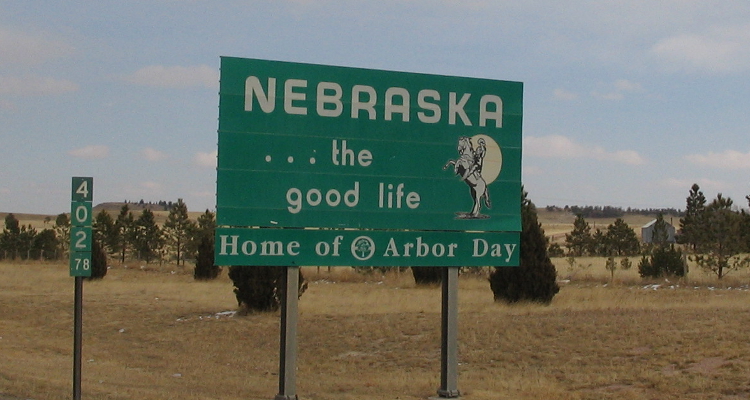After failing to collect enough signatures to have a pro-casino constitutional amendment placed before voters in November, groups in favour of bringing legalized casino gambling to Nebraska’s horseracing tracks are reportedly still deciding on their next moves.
Legalizing casinos in Nebraska requires voters to approve an amendment to the Midwestern state’s constitution while at least 117,188 valid signatures were needed to place the issue before the electorate on this year’s ballot.
A coalition led by Ho-Chunk Incorporated, which is the economic development arm of the Winnebago Tribe Of Nebraska, recently turned in nearly 120,000 signatures to get the proposed constitutional amendment before voters on November 8 but the ten-month effort crashed only days later after more than one-third of these were ruled invalid.
According to a report from the Associated Press news service, nearly 42,000 of the collected signatures were thrown out by John Gale, Nebraska Secretary Of State, with more than 24,000 rejected because the signer had not been registered in the county indicated on the petition sheet. A further 4,600 were discarded as duplicates while in excess of 3,000 were turned down due to the signer not being a registered voter.
“We don’t have a consensus on what to do just yet,” Lance Morgan, Chief Executive Officer for Ho-Chunk Incorporated, told the Associated Press. “We have not formulated a definitive plan but we do plan to continue with this.”
Ho-Chunk Incorporated revealed that it had paid virtually all of the unsuccessful campaign’s costs of around $1.4 million in partnership with the Nebraska Horsemen’s Benevolent And Protective Association, which is a group that promotes horseracing and sees casino games as a way to help revive its struggling sport. The Winnebago Tribe Of Nebraska owns and operates the WinnaVegas Casino Resort in nearby Sloan, Iowa, and wanted to reopen Nebraska’s Atokad Downs horseracing track and bring a casino to the South Sioux City venue.
Barry Lake, President for the Nebraska Horsemen’s Benevolent And Protective Association, told the Associated Press that his group intends to meet soon in order to discuss the matter.
“It’s too early to tell at this point,” said Lake. “We were all in with that petition drive. The two partner organizations contributed a great deal of money and employee resources to it. We were obviously shocked and disappointed.”
The ballot drive had additionally included two other petitions that defined how casinos would be regulated and taxed but these have been rendered moot without the enabling constitutional amendment.
In stark contrast, gambling opponents have welcomed the news of the discarded signatures while explaining that they fully expect to revisit the issue soon, possibly through next year’s legislative session.
“They’re always going to come back,” Pat Loontjer, Executive Director for the anti-casino Gambling With The Good Life organization, told the Associated Press. “It’s a greed-driven industry. They’re not going to go away.”
Loontjer declared that the failure to gather enough signatures shows a lack of support for casinos among voters despite Nebraska allowing keno, horseracing and a lottery while repeatedly rejecting video gambling machines.
“With more than $1 million and ten months, [the petition organizers] couldn’t get their signatures,” said Loontjers. “The people of Nebraska have spoken. They do not want this. We’re just grateful to the citizens of Nebraska who care about their quality of life.”
Nebraska State Senator Paul Schumacher was among a group of legislators that had criticised the petition drive despite being somewhat of a proponent of casino gambling. The Republican explained that the successful passage of the constitutional amendment would have made it much harder for officials to regulate the industry and has called on lawmakers to submit their own proposal next year.
“It would be wise for the Nebraska Legislature to say, “That was a near miss. Maybe it would behoove us to put something on the ballot”,” Schumacher told the Associated Press. “The Nebraska Legislature now has a chance to do it right. Had this latest initiative been done competently, it would have been on the ballot.”



